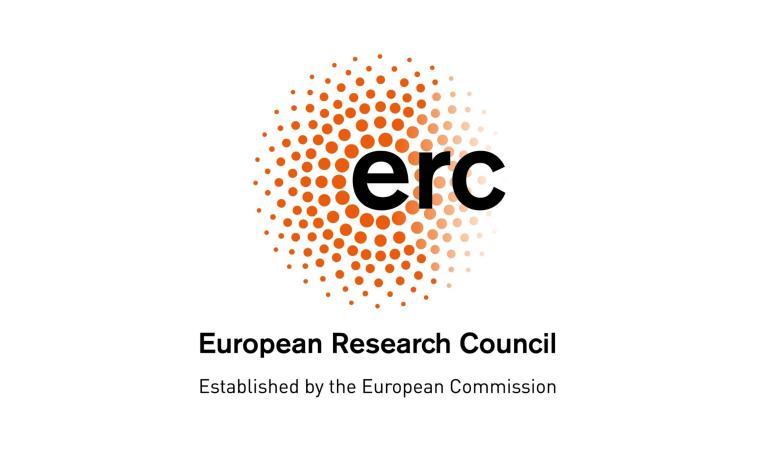Frontier research from ERC grantees at the European conference for science journalists

Misperceptions in Politics, Health, and Science - Prof. Jason Reifler, University of Exeter, UK
IT University of Copenhagen
27 June at 14:00-14:30
What misperceptions do Europeans hold on issues like immigration, vaccines, and climate change? Who holds these misperceptions? What demographic and attitudinal variables are correlated with holding misperceptions? And ultimately, what can be done to help reduce misperceptions?
Prof. Jason Reifler, grantee of the European Research Council, and his team at University of Exeter seek to better understand the conditions under which citizens learn. They hope to transmit the findings back to relevant academic and policy-maker audiences in order to aid policy design and communication efforts on important policy issues.
Frontiers of astronomy: Imaging the event horizon of black holes - Prof. Heino Falcke from Radboud University Nijmegen, Prof. Luciano Rezzolla, Institute of Theoretical Physics, Frankfurt, Germany, Dr Norbert Wex, Max-Planck-Institute, for Radio Astronomy, Bonn, Germany
IT University of Copenhagen
27 June at 14:30-15:00
Astronomers want to record an image of the heart of our galaxy for the first time: a global collaboration of radio dishes is to take a detailed look at the black hole which is assumed to be located there. The main goal of the EU-funded BlackHoleCam project is to make the first ever image of Sagittarius A*, the supermassive black hole at the centre of our Galaxy. The image shall reveal the “shadow” of the event horizon. The project aims to measure and understand astrophysical black holes, and test the fundamental predictions of Einstein’s theory of General Relativity. In April 2017 the observations using a global telescope network were completed and now the astronomers process the collected data. If all goes according to the plan we may soon have the portrait of the black hole. BlackHoleCam has been supported by the European Research Council’s Synergy Grant and is active partner of the global Event Horizon Telescope Consortium.
Computational propaganda: The impact of algorithms on public life - Prof. Phil Howard, University of Oxford
IT University of Copenhagen
29 June at 14:15-15:30
Political actors are using algorithms and automation in efforts to sway public opinion. In some circumstances, the ways coded automation interacts with or affects human users is unforeseeable — even by the software engineers who write such algorithms. In others, individuals and organisations work to build software that purposefully targets voters, activists, and political opponents. Politicized social bots are one version of potentially malicious automated programs; discriminatory algorithms are another. Understanding how technologies like these are used to spread propaganda, engage with citizens, and influence political outcomes is an urgent concern. Prof. Phil Howard from the Oxford Internet Institute will present the latest findings from the Computational Propaganda project funded by the European Research Council.
Interested to interview ERC grantees, contact:
Marcin Mońko
ERC Press Adviser
Tel +32460767248

